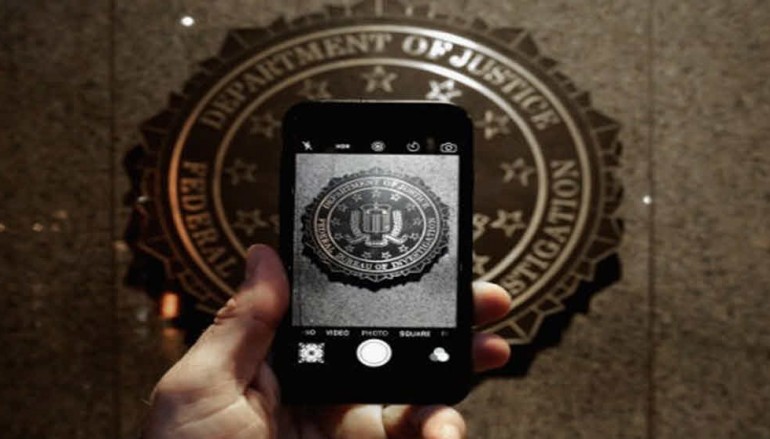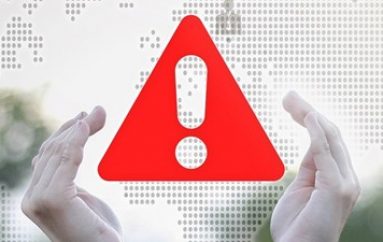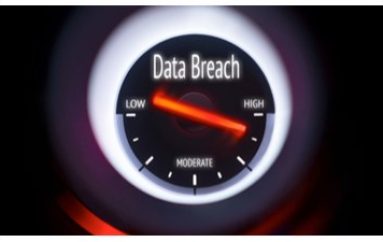
Feds want hacking help in dozens of cases, ACLU finds
The federal government has requested at least 63 court orders directing Apple or Google to help unlock a mobile device in police custody, the American Civil Liberties Union (ACLU) said on Wednesday.
The cases span from coast to coast and predominantly arise from investigations into drug crimes going back to 2008, the ACLU said.
The highest concentration of cases — 14 — are in California, predictable given Apple and Google are both headquartered in the state. New York is close behind, with 12 cases.
The revelation comes days after the Department of Justice (DOJ) withdrew its high-profile case against Apple seeking the tech giant’s help in unlocking an iPhone used by Syed Rizwan Farook, one of the two shooters in the San Bernardino, Calif., terror attack that killed 14 people.
While the DOJ and the FBI insisted their request was narrowly tailored to Farook’s phone and not meant to set a broad precedent, an increasing number of reports show there are dozens of cases around the country in which the government is seeking similar aide.
The ACLU’s findings add to these reports, further empowering Apple’s defenders, who argue the government wants to expand its power to access encrypted data.
The data also indicates the battle over access to encrypted data is destined to rage on, despite the DOJ’s decision to step down after the FBI was able to access Farook’s phone without Apple’s help.
In addition to the 63 pending cases the ACLU said it has confirmed, the organization mentioned it had identified more than a dozen other cases it is looking into.
The FBI and law enforcement officials have warned that encryption is increasingly helping criminals and terrorists hide from authorities. They have pushed tech companies to give investigators greater access to locked data to help counter this “going dark” phenomenon.
But the tech community and privacy advocates, including the ACLU, argue that such access would weaken global and endanger digital rights.
Apple won a preliminary victory in this fight after a New York judge ruled the government could not compel the company to assist in hacking a phone seized during a drug case. But the DOJ hasappealed the ruling.
Source | TheHill





